At Calgary Counselling Centre, we help people learn to thrive. Since our inception in 1962, we’ve been driven by that purpose to provide the best counselling treatment possible. Not just the best in our community, or our country — but the best you could get anywhere. Here are some key milestones in our history, and major contributions to our community and the counselling field.
The Institute of Family Services and Personal Counselling opens
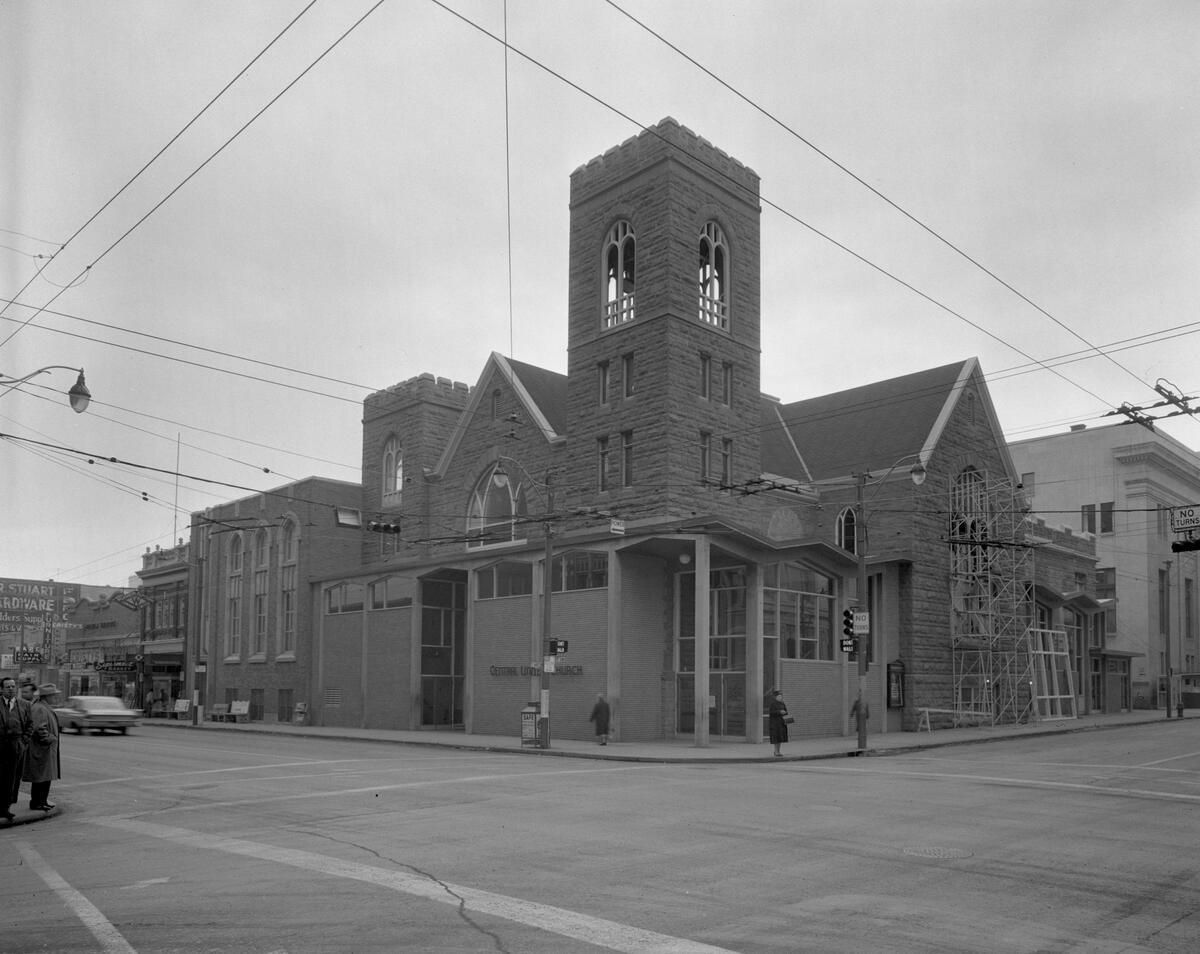
The Institute of Family Services and Personal Counselling opens its doors October 1 in the basement of the Central United Church under the direction of Reverend W.E. Mullen.
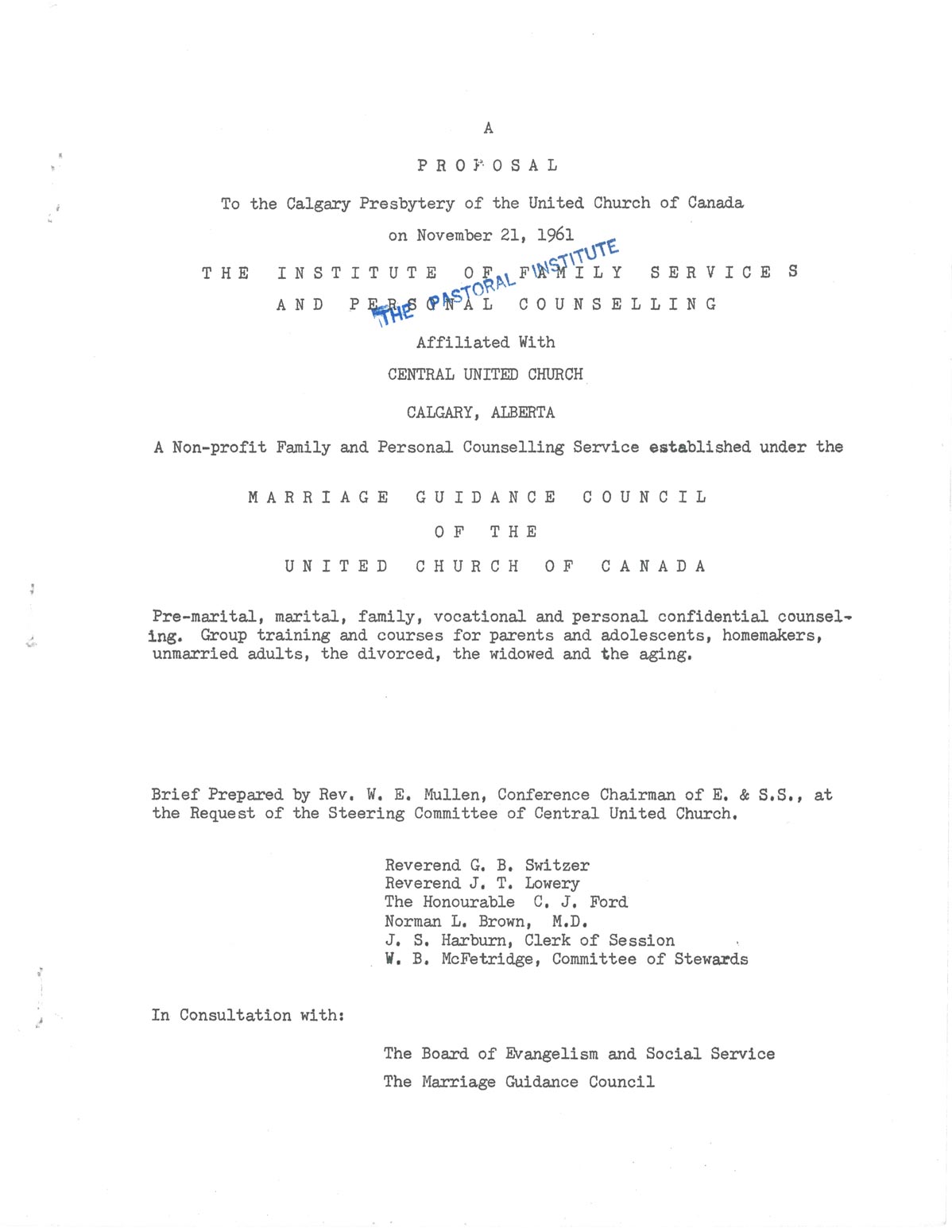
Established as charity
On January 1, the Institute becomes a charitable organization.
Groups
Group counselling is introduced.
Sliding fee scale
A sliding scale of fees for service is introduced, ensuring no one is turned away.
We change our name to the Pastoral Institute and receive United Way funding for the first time.
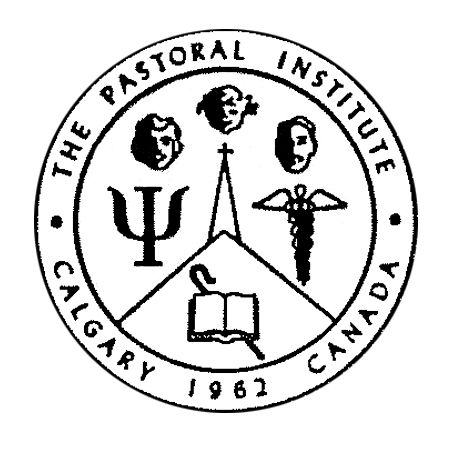
Moving day
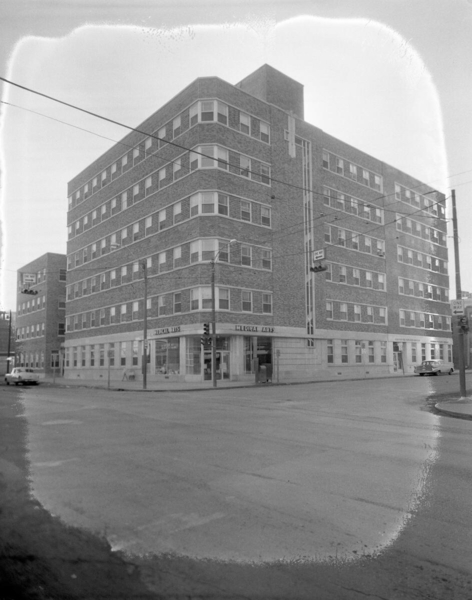
In August, the Institute moves to the sixth floor of the Medical Arts Building.
A growing organization
Rev. Mullen’s son, Paul, joins the Institute to open an office in Forest Lawn.
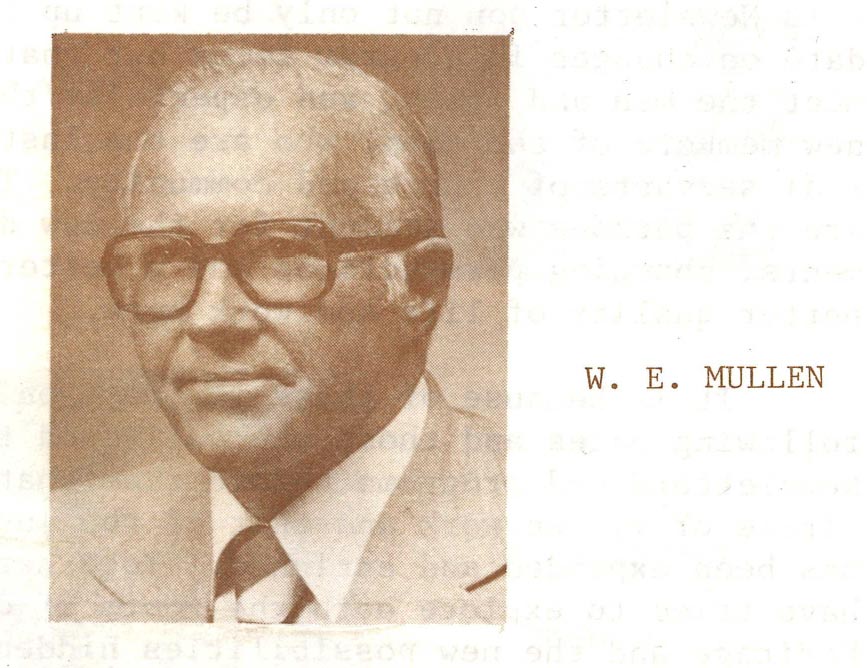
Moving again
On April 1, the Institute moves to the Mayfield Building on 8 Avenue SW.
Accreditation
The Institute becomes fully accredited as a training centre by the Canadian Council for Supervised Pastoral Education C.C.S.P.E.
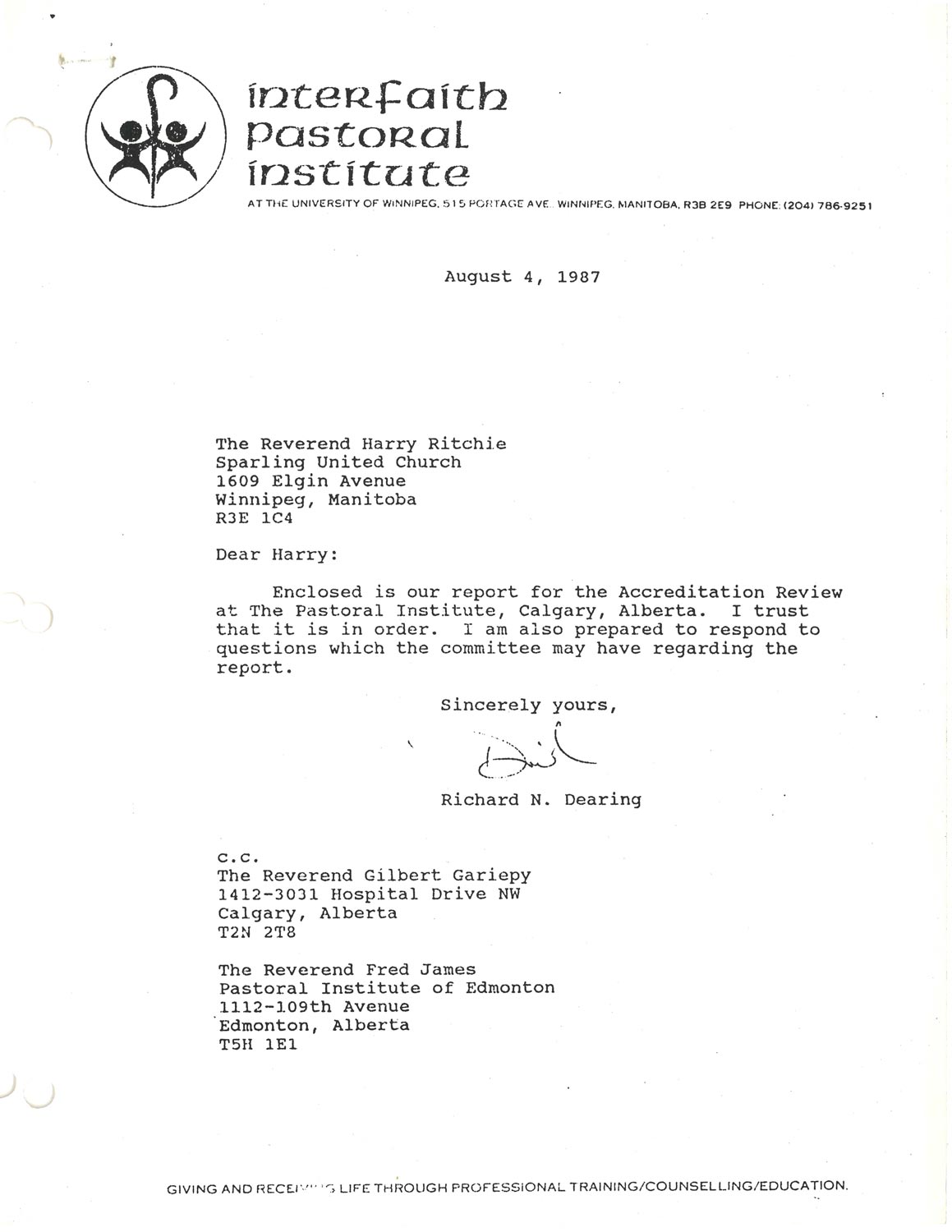
Introduction of the first male anger management group program
At the request of the Women’s Shelter, the Pastoral Institute introduces the first anger management group program for men in Calgary.
We turn twenty
The Institute celebrates 20 years of service in Calgary.
Rev. Donald Gray was appointed executive director of the Pastoral Institute.
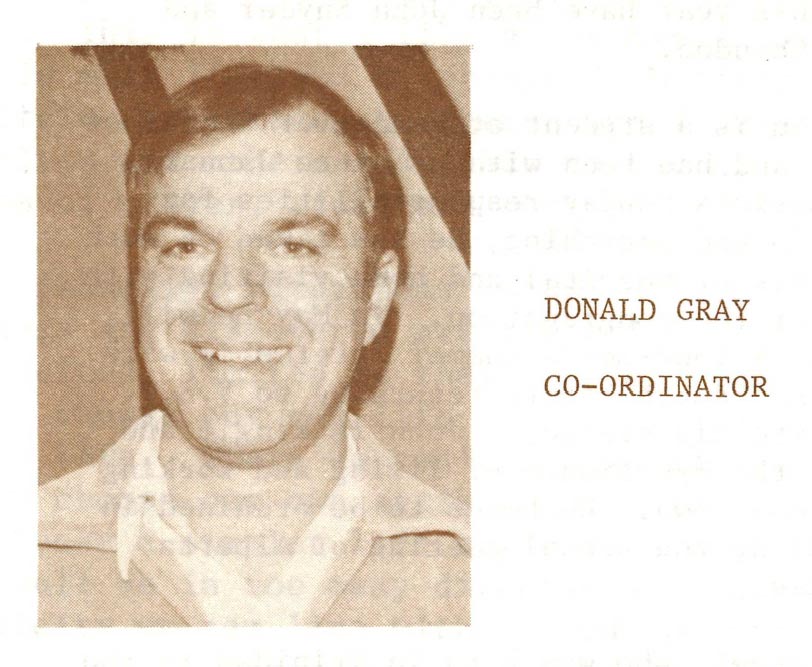
New leadership
Rev. Gordon Hanson becomes executive director.
Stress and anxiety management
The Institute introduces the Stress and Anxiety Management program.
Children of Divorce program
The Institute introduces the Children of Divorce program for children ages 3–17 and their parents.
Third office move
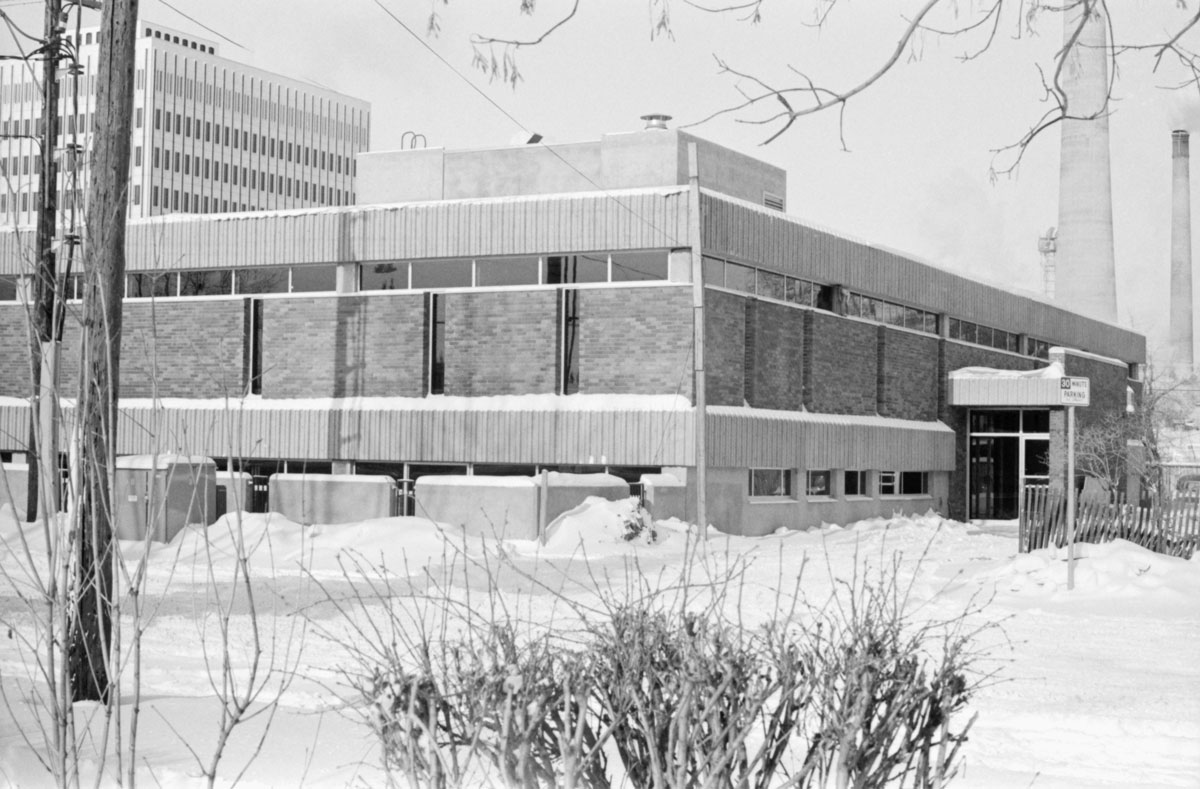
The Institute moves to the United Way building.
Community recognition
The Institute receives the Agency of the Year Award from the United Way.
Fourth office move
The Institute moves to 6 Avenue, where it will remain for over 25 years.
Self-esteem group
The Institute introduces the self-esteem group for women.
New and updated group programs
Launch of the Eating Disorders program. Renamed Anger Management group program to Responsible Choices, and added the first program specifically for women.
New name and leadership
In October, the Pastoral Institute officially changes its name to Calgary Counselling Centre.
Robbie Babins-Wagner becomes executive director.

It’s a new name for the familiar Pastoral Institute. The Institute is now called Calgary Counselling Centre. The name change was revealed at the recent Evening of Discussion about Family Violence, with Marcia Clark and [Chief of Police] Christine Silverberg.
Community outreach in time of tragedy
The tragedies of the Columbine and Taber shootings lead to the Centre’s outreach campaign informing Calgarians of the violence prevention programs and counselling services we offer.
Program for male victims of domestic abuse
Introduction of our Male Victims program, the first in the city for male victims of abuse in an intimate relationship.
Let’s Talk About Divorce
The Centre premieres Let’s Talk About Divorce, a video and workbook for the Children of Divorce program.
Launch of programs for people struggling with depression
The Centre launches a pilot program called Managing Depression.
Dr. Scott Miller conducts the first workshop for Outcome-Informed Therapy for Centre staff and therapists in the community.
Rewarding inclusiveness
The Centre receives the Spirits of Gold Award for Inclusiveness and Diversity from United Way Calgary.
Expansion, and launch of National Depression Screening Day
Calgary Counselling Centre renovates and expands its 6 Avenue location.
The Centre hosts its first National Depression Screening Day.
A Calgary first: online registration
We hold the first annual Calgary’s Bravest Men event.
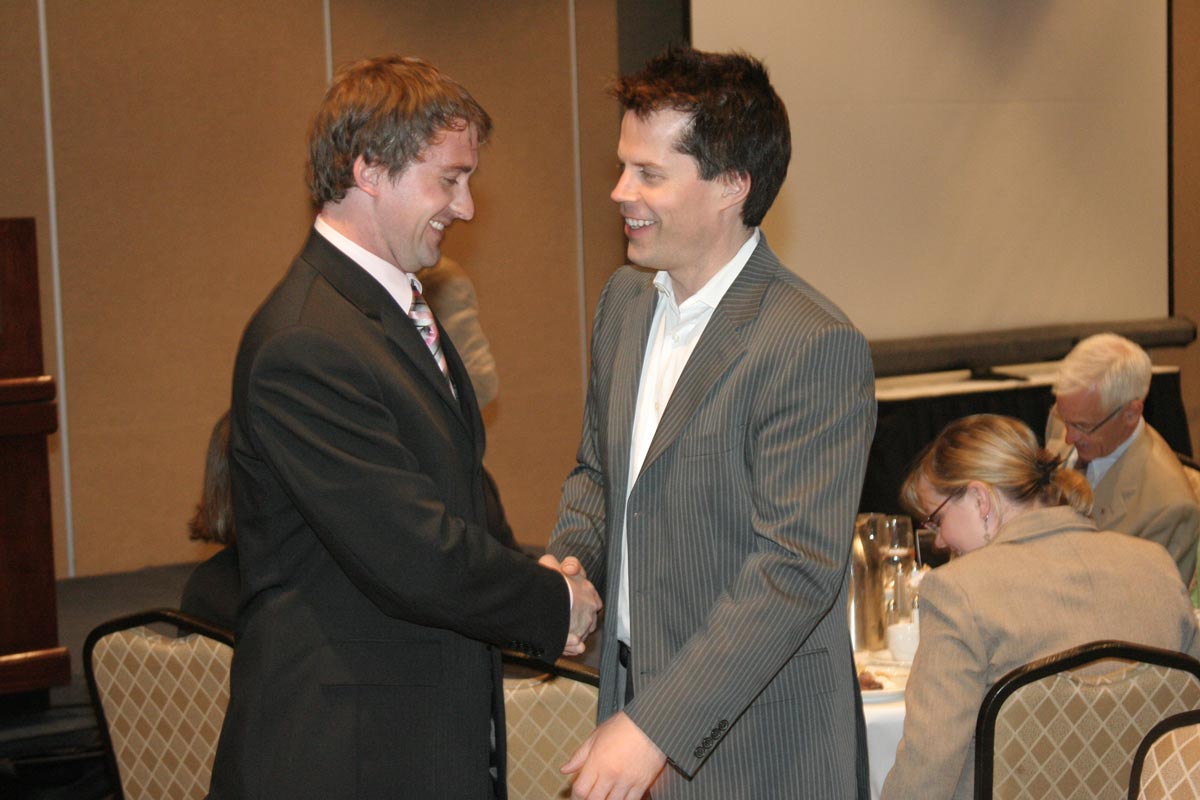
We launch online registration, providing a new way to access counselling.
Calgary’s Bravest Men youth forum
Introduction of Calgary’s Bravest Men Youth Forum, featuring Justin Berry. We partner with the Calgary Police Service to educate over 1,600 junior high school students about online predators.
Haskayne Learning Centre
In recognition of a generous donation from Richard and Lois Haskayne, Calgary Counselling Centre’s training program becomes the Haskayne Learning Centre for Graduate and Post-Graduate Counselling Studies.
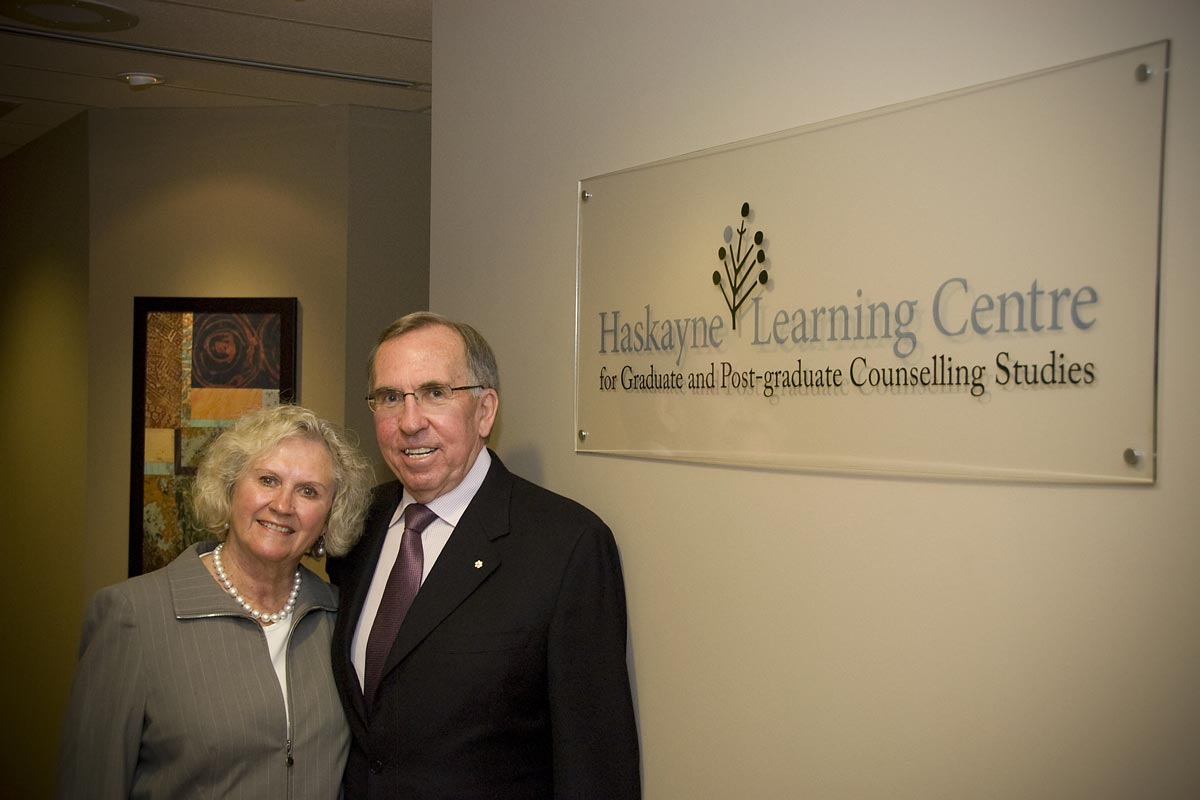
Strengthening Families
The Centre expands the Strengthening Families Project: Couples Treatment for Domestic Violence and Substance Use, the first of its kind in Calgary.
Rebranding and fiftieth anniversary
Calgary Counselling Centre celebrates 50 years of helping our community, and launches its new brand.
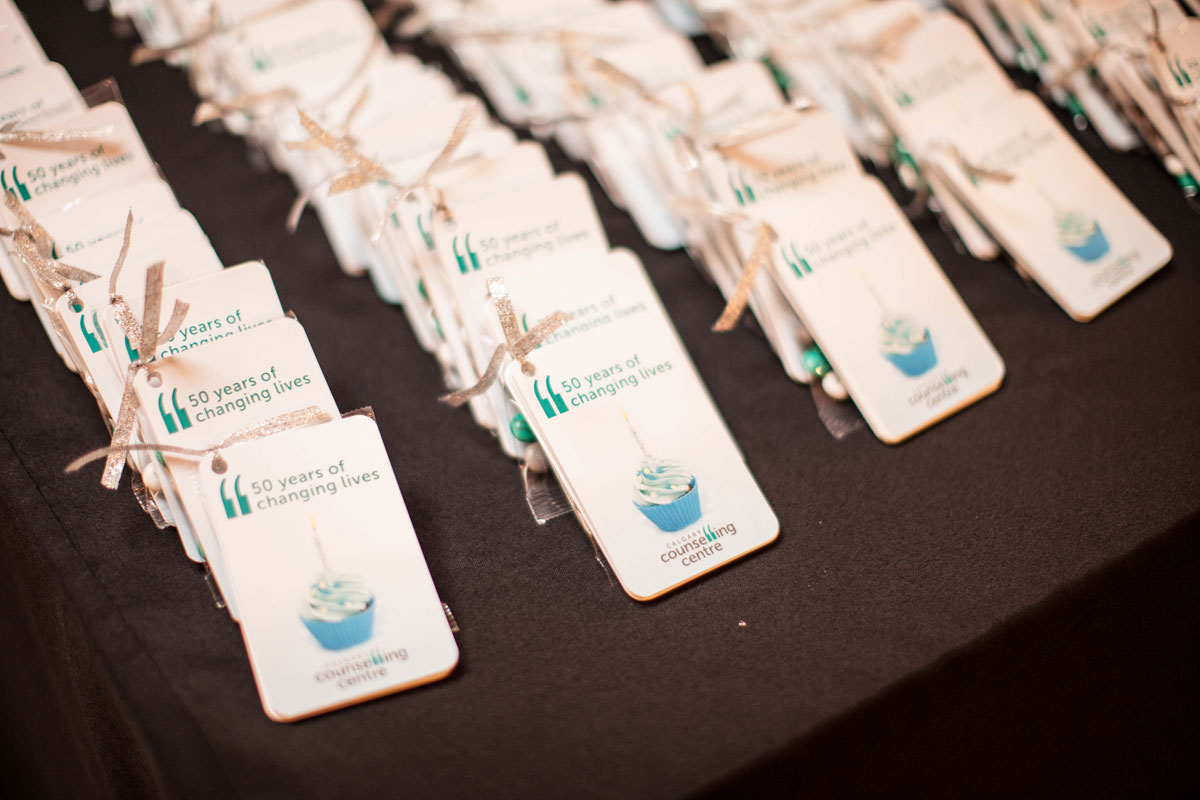
Community outreach during crisis
In June 2013, our community experiences a historic flood. This crisis has long lasting repercussions, and Calgary Counselling Centre joins local and national organizations offering mental health expertise and assistance. The Centre opens its first satellite Centre in High River, which was particularly affected by the floods and in need of mental health support.
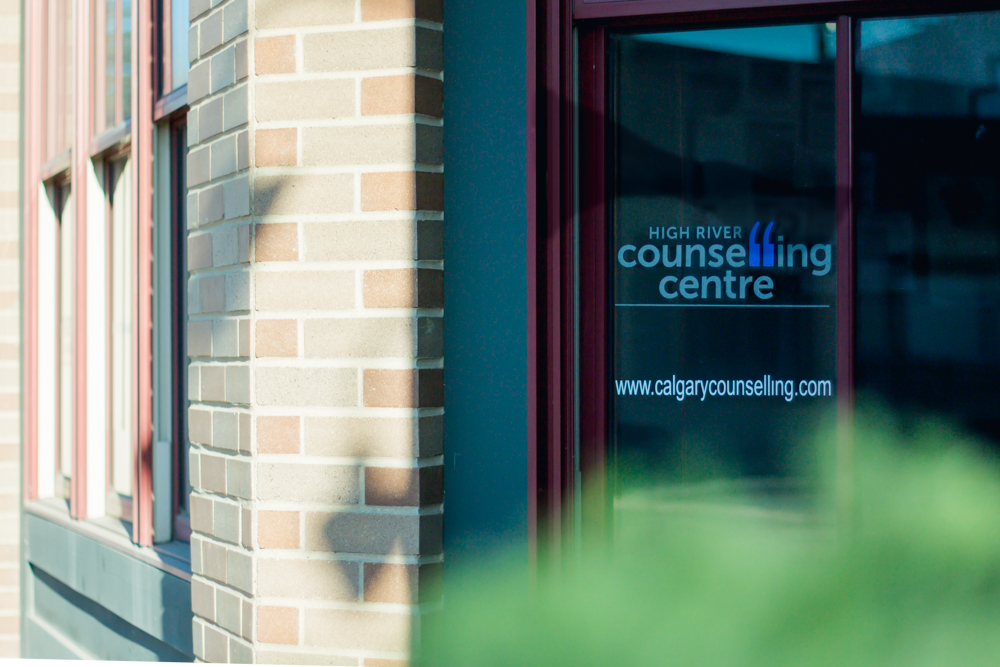
Leadership award
Calgary Counselling Centre CEO Dr. Robbie Babins-Wagner is named the 2015 recipient of the Lieutenant Governor’s Circle on Mental Health and Addiction True Leadership Award.
Fifth office move and leadership award
The Centre moves to its current location in the Kahanoff Centre.

Calgary Counselling Centre CEO Dr. Robbie Babins-Wagner receives the 2016 Grant MacEwan Lifetime Achievement Award through the City of Calgary
International coverage
In April 2017, The Atlantic publishes the article What Your Therapist Doesn’t Know featuring the work of Dr. Robbie Babins-Wagner and the Centre.
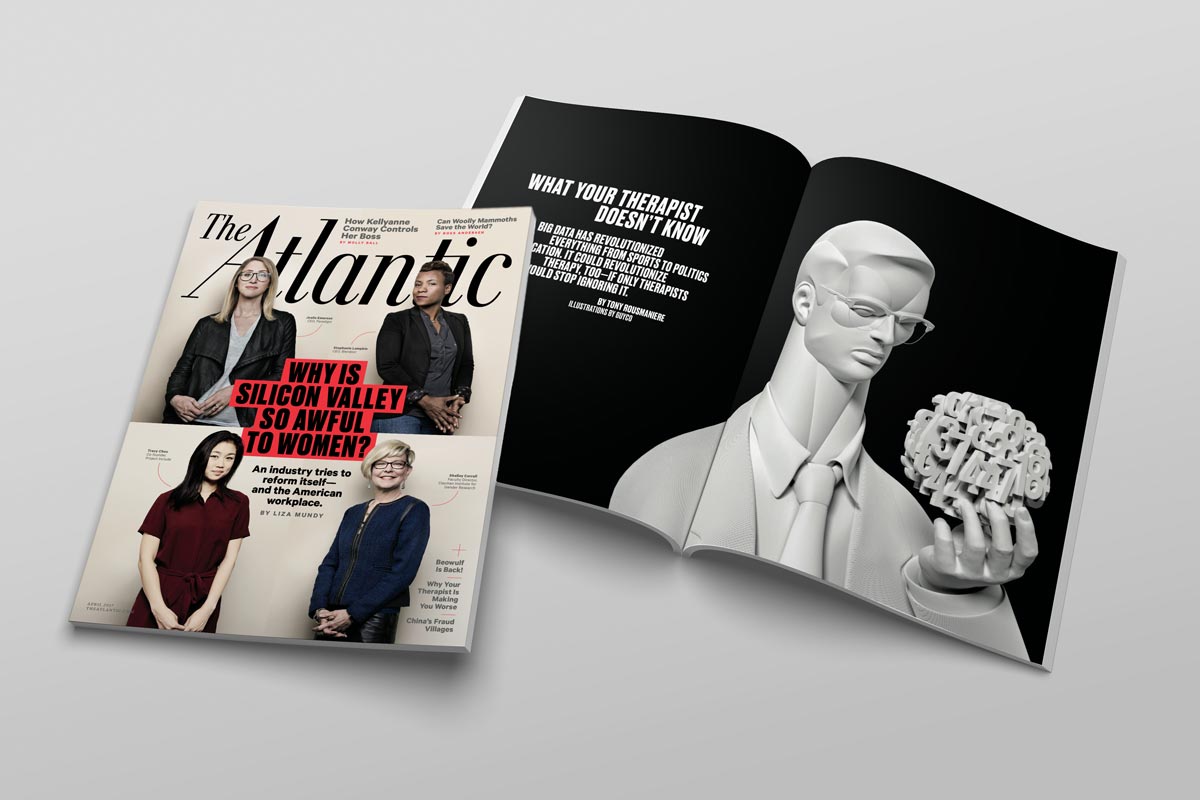
Honour Based Violence pilot project
The Centre began a pilot project focused on Honour Based Violence to educate the community on the impact and prevalence of honour based violence as well as counsel individuals experiencing this type of abuse.
Provincial and national recognition
Dr. Robbie Babins-Wagner receives the Lifetime Achievement Inspiration Award for Leadership in Family and Community Safety from the Alberta government.
The Globe and Mail publishes the article “Rethinking therapy: How 45 questions can revolutionize mental health care in Canada”.
Record breaking funds raised
Calgary Counselling Centre is the charity of choice for the Willow Park Golf Tournament. A record-breaking $700,000 is raised for the Centre from the Tournament and an anonymous donor.
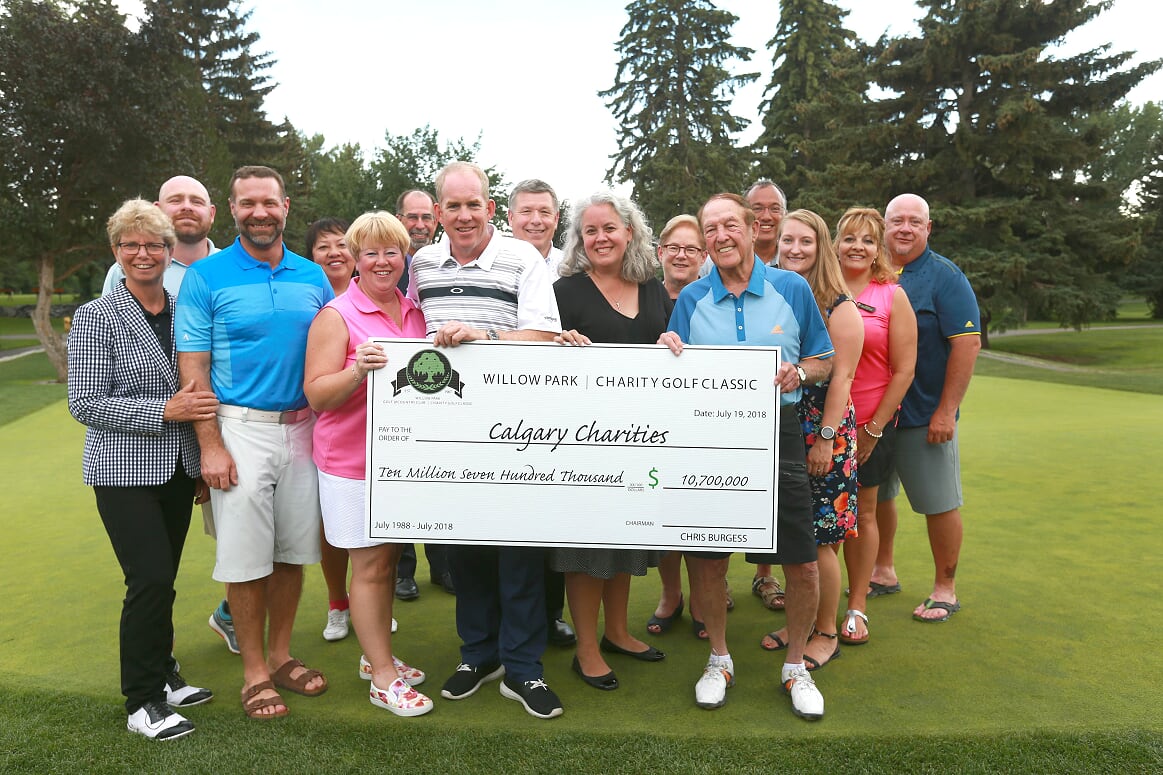
Press recognition
Dr. Robbie Babins-Wagner is featured in the local publication, Avenue Calgary, for the FIT approach and how it is providing outcomes that are surpassing all published benchmarks.
Global pandemic
On March 16, in response to the COVID-19 pandemic, Calgary Counselling Centre transitions to providing all counselling services and programs remotely (online or over the phone). The Centre completes this transition for all clients and counsellors in just 36 hours. Clinical outcomes remained high.
Global pandemic, year two
In its first full year working entirely remotely, Calgary Counselling Centre provides a record 47,757 hours of counselling. That is a 21% increase over 2019, the most recent year of fully in-person counselling.
Our sixtieth birthday
Calgary Counselling Centre turns 60.
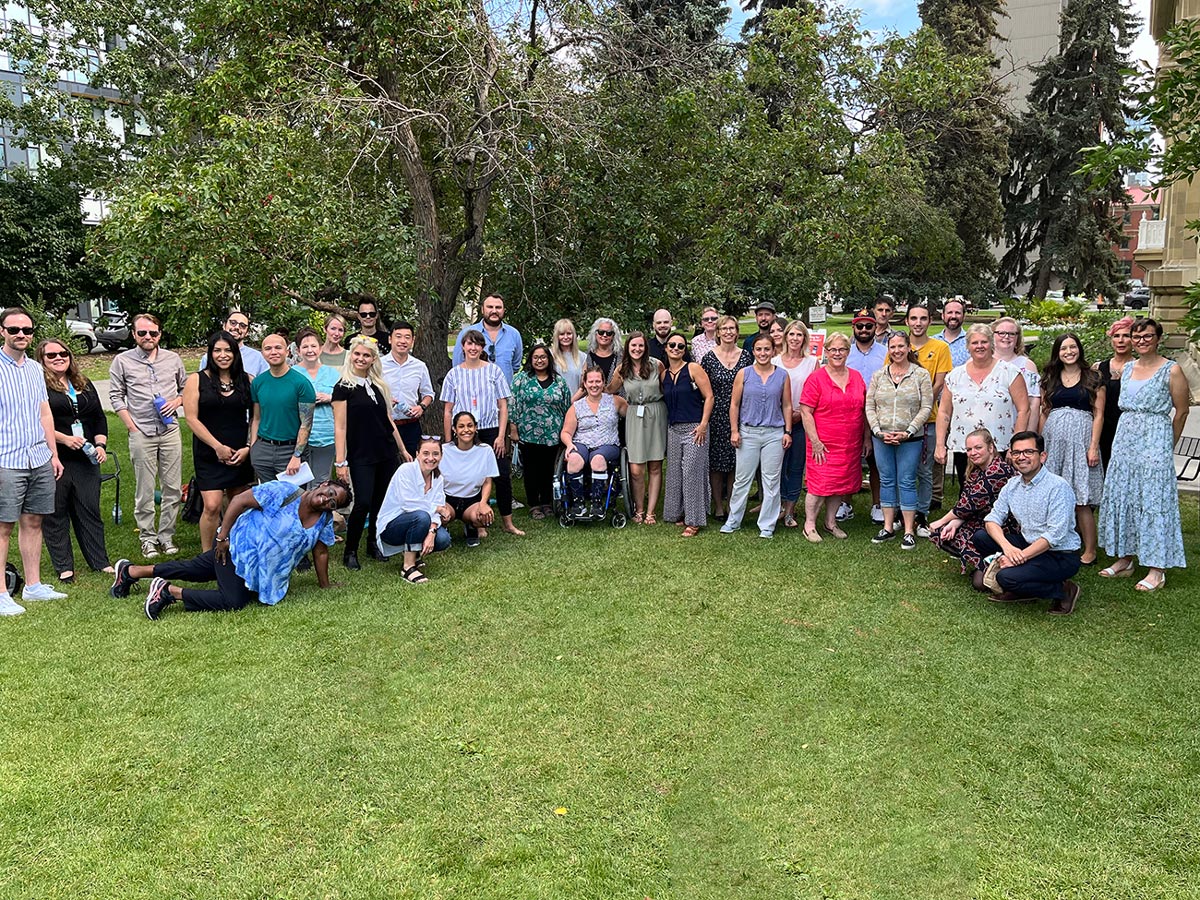
1.1 million clients
To date, Calgary Counselling Centre has seen over 1.1 million people.
